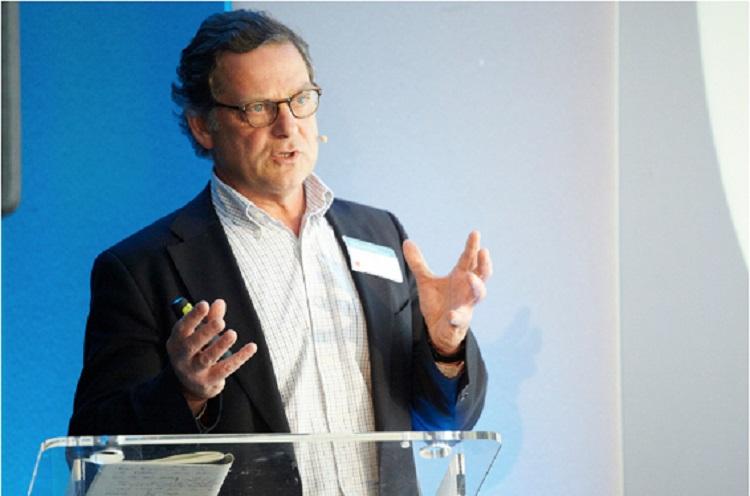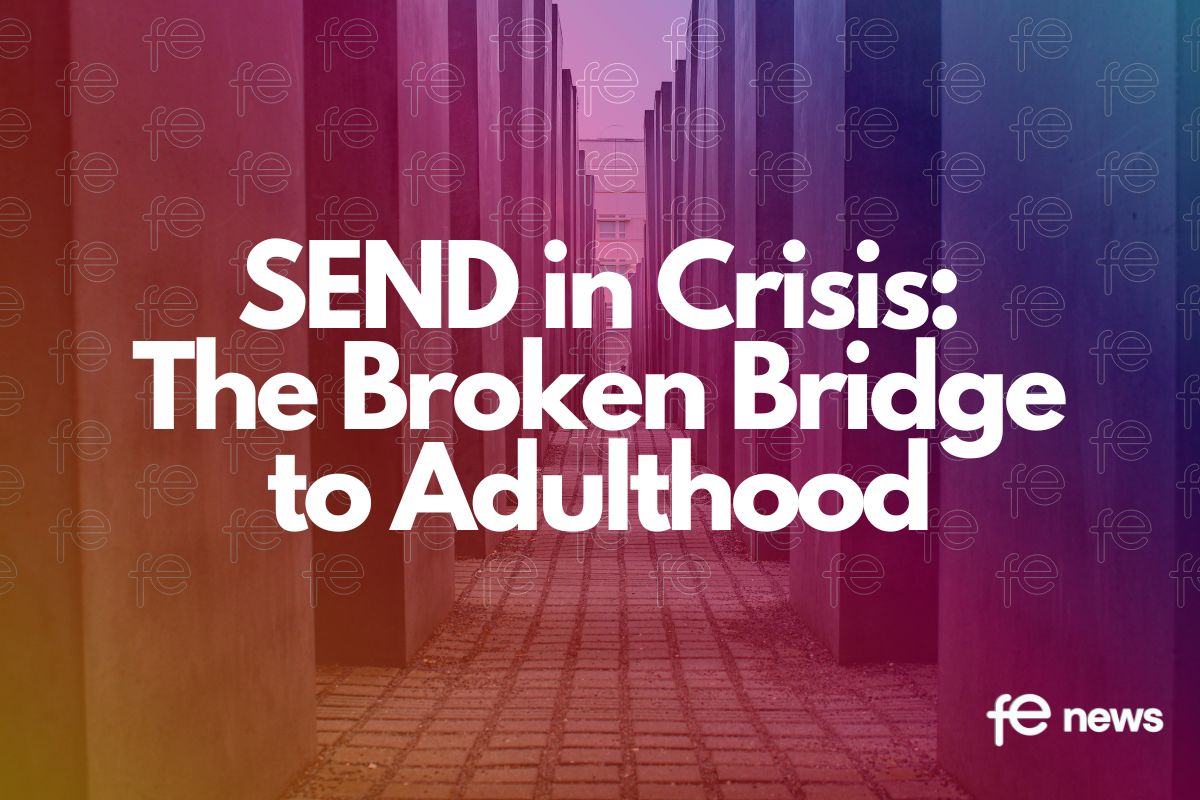Social and emotional learning and its positive impact on academic success

Dr. Brian Marien, Founder and Director of Positive Group, specialists in evidence- based programmes to improve psychological wellbeing and build resilience enabling individuals and teams to fulfill their potential, discusses social and emotional learning and its positive impact on academic success.
According to researchers (Durlak, Weissberg, Dymnicki, Taylor, & Schellinger, 2011), a systematic process for promoting students’ social and emotional development is the common element among colleges with increased academic success, improved quality of relationships between teachers and students and a decrease in problem behaviour. Others (MA Brackett, SE Rivers, 2014) say social and emotional learning can be especially powerful when adult stakeholders in student’s education are actively involved in cultivating and modelling their own social and emotional competencies . Why then are teachers – the vital linchpin of student success – being ignored?
Although interest in social and emotional learning (SEL) is growing rapidly in the education sector, current college initiatives focus very much on helping students. On the one hand, this is perhaps understandable: it is in keeping with students being the primary ‘learners’ and also reflects the current concern around the mental wellbeing of children and young adults. However, given the importance of teachers’ input and the significance of environmental factors for learning, ignoring the teacher population also seems to be a major oversight for SEL progress.
In a recent survey, Positive Group found that 84% of teachers sampled agreed or strongly agreed that their mood state impacts on the behaviour of their students (Positive data from 51 teachers at GDST schools). This is fitting with the notion of ‘emotional contagion’, the process by which emotions and behaviours can spread within groups, and it draws important attention to the connectedness of the student/teacher populations and its potential significance.
Sixth form students spend a considerable time in college each year. There is undoubtedly the chance to make huge progress with SEL and general psychological wellbeing during this time, and this is an opportunity that could bring huge rewards both in and out of the college environment. However, to maximise achievements, a change in microsystem must occur. The development and practice of these SEL skills needs to become a cultural norm adopted by all, with acknowledgement that staff and student populations are not autonomous, disconnected groups.
By supporting teachers to develop greater emotional literacy and psychological wellbeing and building evidenced psychologically informed tools and skills into each class/day, a sustainable and measurable shift in social and emotional learning can be achieved. Emotions and behaviours are highly contagious and in order to develop new adaptive patterns of cognition and behaviour, students need to understand emotions and apply cognitive and behavioural skills in all that they do. By investing in adult stakeholders who influence the next generation, it will be possible to produce robust learners who are well equipped to thrive in an uncertain, competitive and global workforce.
Dr Brian Marien, Founder & Director, Positivegroup.org
 About Dr Brian Marien: A Founder and Director of Positive Group, he is also a Doctor of Medicine and a health psychologist. He studied cognitive and behavioural psychology at Kings College London and wrote his master’s thesis on occupational stress and ‘burnout’.
About Dr Brian Marien: A Founder and Director of Positive Group, he is also a Doctor of Medicine and a health psychologist. He studied cognitive and behavioural psychology at Kings College London and wrote his master’s thesis on occupational stress and ‘burnout’.
Over the past 10 years he has worked collaboratively with a highly experienced team of psychologists and neuroscientists at Positive Group to combine research-based knowledge, practical cognitive techniques and adaptive behaviours that are readily integrated into day to day life. He has worked with senior leadership teams to embed ‘Positive Programmes’ in Asia, USA, Australia, UK and Europe.











Responses